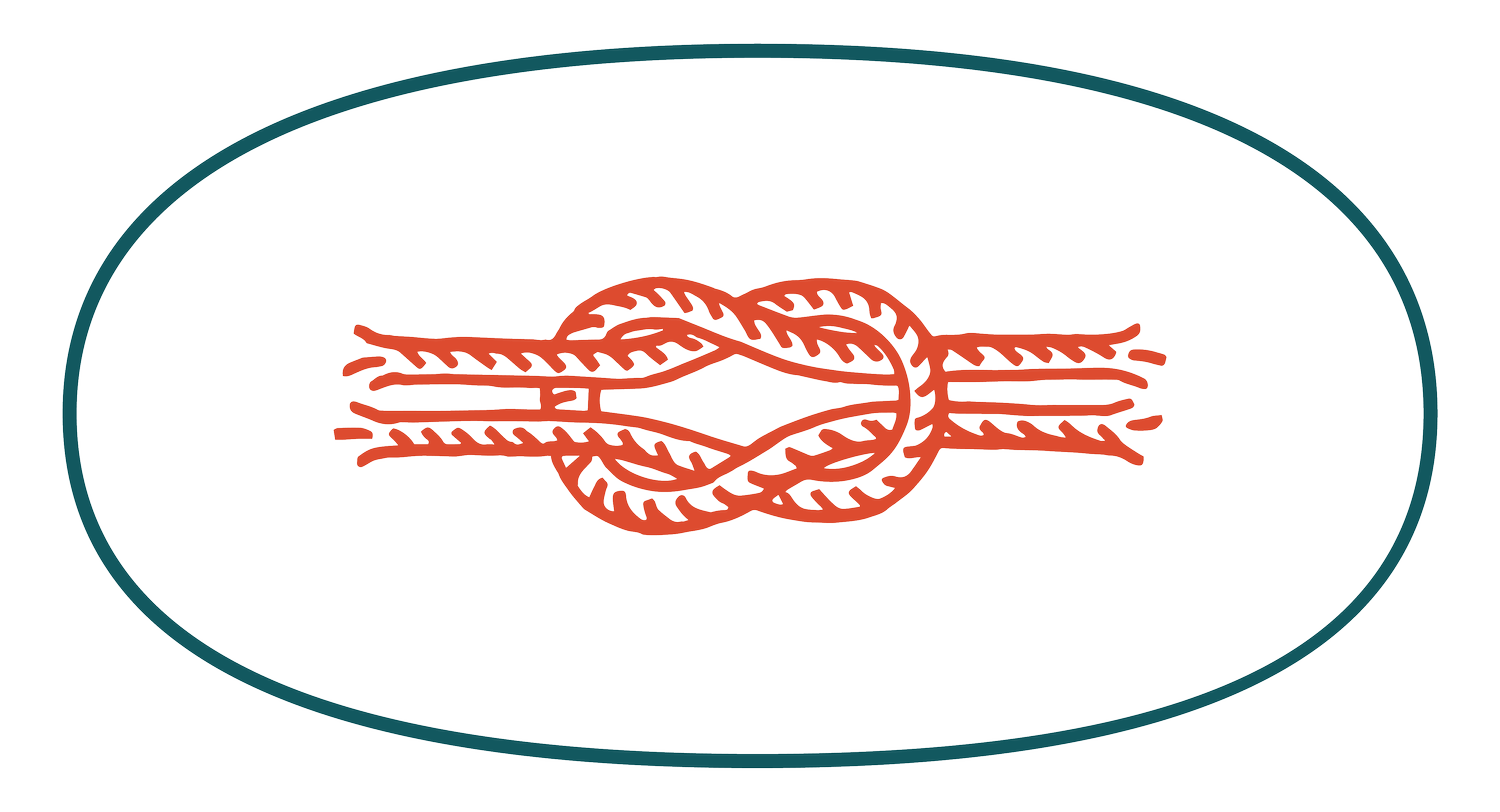Update: What Is Going On in Guatemala?
The political turmoil in Guatemala has taken another turn, in what president elect Bernardo Arévalo is calling a coup through “lawfare.”
The Collins Dictionary defines lawfare as: “the strategic use of legal proceedings to intimidate or hinder an opponent”
This is exactly what is happening in Guatemala.
Corruption, Intimidation, and Prosecution
Last time we reported on this, the country was experiencing nationwide blockades by protesters demanding the resignation of various corrupt officials, making it difficult to acquire gasoline, propane, and even water.
Due to mounting pressure, the blockades eased significantly, yet the protests have not ended and none of the corrupt officials the people are calling to resign have resigned.
What appeared to be calmness was only a brewing storm of deeper unrest.
On Wednesday night there was a violent confrontation between protestors and police in front of Guatemala’s congress. Protesters say newly elected judges, who’ve begun working to remove immunity from those who certified Arévalo’s election as president in August, are corrupt.
On Thursday, Ángel Saúl Sanchez, Attorney General Maria Consuelo Porras’ Cultural Heritage prosecutor, announced in a news conference plans to prosecute Arévalo and other members of his party for illegal activities in 2022.
Approximately 27 others affiliated with the Seed Movement were also subject to raids and arrest by government agents on Thursday.
Sanchez and Porras seek to prosecute Arévalo and other Seed Movement party members for what they consider their involvement in student protests and takeover of Guatemala’s public San Carlos University in 2022 after the fraudulent election of Walter Mazariegos as the new university rector.
In particular, Sanchez and Porras are targeting Arévalo and the Seed Movement for supposedly encouraging the takeover of San Carlos University, utilizing university property while it was illegally controlled by students, and using the situation to further their political aspirations.
Student protestors claimed that Walter Mazariegos had rigged the elections so that only those who would vote for him were allowed to vote.
Arévalo, who ran on an anti-corruption campaign, commended protesters for standing up for democracy in a tweet the month prior to the university takeover (this tweet is part of the evidence in the case being made against Arévalo).
How Are Guatemalans Feeling?
“Truthfully, I’m very disappointed in our current government. They’re shamelessly manipulating everything to continue the corrupt ruling of the country. I’m in favor of the people who are opposing all this [political corruption], but maybe God is working out His purposes in this and that’s why all this is happening. All we can do is (praying hands emoji)”
“All this is sad, and truthfully I can’t wrap my head around how all this could happen. And the truth is, I believe the (f)uture is very uncertain and dark for Guatemala.”
What Does This Mean?
If the court rules in favor of the prosecution, it will go to the legislature of congress, where it would be investigated and a vote could mean that Arévalo’s immunity is revoked.
Stripping his immunity could allow for Arévalo’s arrest - a significant problem that could impact his ability to take office on January 14th, the official inauguration date.
The irony of political figures deemed corrupt by national and international voices continuing to try to delegitimize the election of the anti-corruption candidate for his alleged support for democracy and treating him as a criminal writes like dystopian fiction at best and authoritarian tyranny at worst.
What this means for our work in Huehuetenango is still unknown. If the standing government manages to arrest Arévalo and Karin Herrera (his vice president), then it’s possible that nationwide blockades could again impact supply flow and create a humanitarian crisis for vulnerable families.
I was skeptical before when people told me that things had basically gone back to normal.
At the time, I couldn’t understand how that could be true if none of the corrupt officials that the people were calling to step down had stepped down.
They still have not stepped down, and what we’re seeing are more attempts by these officials to stifle the voice of the people and impede democracy in favor of the status quo of corruption and authoritarian rule.
What will happen if January 14th rolls around and Bernardo Arévalo is not allowed to take office? While it’s too early to answer that question, it’s unlikely that peace and stability would be the answer.
For now, as one person expressed to me, all we can do is pray.
sources:
https://apnews.com/article/guatemala-election-bernardo-arevalo-f7a7537e15e7f8692de8dd62ee9b666b

